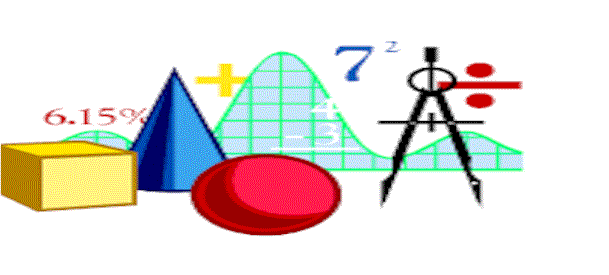
parse

|
parse
|
The parse function converts a String value into a numeric,
date, vector, or other value. The parse function converts
the String according to the built-in LISP parsing rules.
If the String cannot be recognized, by one of the built-in LISP
parsing rules, the original String, without change, is returned.
Alternatively, the parse function may also be passed a
String pointer, a starting index, and an ending index.
Usage Use this function when a String is to be converted to a numeric,
date, or other value.
(parse string) Returns the converted value of the String . If the String
cannot be correctly parsed, the original String argument is
returned.
Expression:
Arguments
Name
Type
Description Argument: string ---
The String to be parsed into a value.
Returns:
Here are a number of links to Lambda coding examples which contain this instruction in various use cases.
Here are the links to the data types of the function arguments.
| Character | String | Symbol | Vector |
| BitVector | ByteVector | IntVector | FltVector |
| ObjVector | Structure | Dictionary | Directory |
| Matrix | NumMatrix | Integer | Float |
| Number | Complex |
Here are also a number of links to functions having arguments with any of these data types.

|
Analytic Information Server (AIS)AIS Component Systems
|